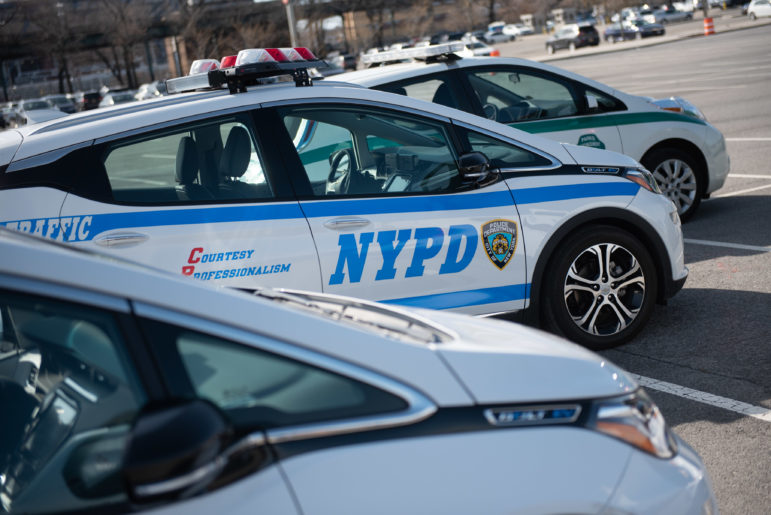“New York has an opportunity to become one of the first states to require that children speak with a lawyer before waiving their right to remain silent.”

Michael Appleton/Mayoral Photography Office
Remember what it was like to be a teenager? Raging hormones. Awkwardness and insecurity. The pressures of young adulthood at a time when your understanding of the world was still incredibly fresh. Teenage brains function differently even in normal settings, exhibiting slower thinking, less impulse control, and lower social intelligence. But when put through the stress of a police interrogation, these characteristics become a recipe for disaster.
As a former district attorney, I know the damage those situations can have, which is why I strongly support S.1099 / A.8923 to safeguard children’s constitutional right to remain silent. This legislation would enact necessary protections by requiring youth to meet with legal counsel prior to police questioning and ensuring that a child’s parents are notified before they are taken to a police station.
These changes are critical in New York because research has found that children are two to three times more likely than adults to make false confessions under pressure, a trend that threatens the administration of justice and compromises law enforcement’s ability to solve crimes and uphold public safety.
Interrogating officers often raise this probability by lying to children or using other controversial tactics, like falsely presenting “evidence” or repeatedly denying claims of innocence. Children are particularly susceptible to this sort of manipulation because they are desperate to end what may be the highest-stakes interaction of their lives, as the Supreme Court has acknowledged.
Interrogating kids who have not spoken with a lawyer often lets the real culprits of a crime go free by prematurely ending investigations. New Yorkers remember the case of the Central Park Five, when five children’s lives were destroyed by interrogations that strong-armed them into confessing to a brutal assault.
There was no DNA evidence linking them to the crime, and the teenagers’ coerced descriptions of the scene and victim’s clothing were completely wrong. Ultimately, they spent years in prison before the actual perpetrator came forward. This was a grave injustice against the falsely accused and the victim, which only made New York City less safe as the real culprit went free.
As a district attorney, my duty was to hold people accountable for their actions. It reflects poorly on our entire justice system when we give in to sloppy practices that produce false convictions, heaping punishment on the innocent rather than perpetrators. And even more so when children pay the price.
To combat this, it’s imperative that people—especially minors—understand their rights during interrogations. With S.1099 / A.8923, New York has an opportunity to become one of the first states to require that children speak with a lawyer before waiving their right to remain silent. Laws requiring a lawyer to be accessible upon request are a good foundation, as are those pertaining to parental notification. But they’re not a substitute for a mandated meeting with legal counsel. Children are not properly equipped to advocate for themselves in these tense situations, and parents are often unfamiliar with legal rights and the implications of exercising them.
Now, decades removed from both my own adolescence and the travesty of justice that unfolded during the Central Park Five case, hindsight shows us how we can avoid repeating mistakes of the past. I wholeheartedly support S.1099 / A.8923 because today’s youth deserve protection, just as we all did in our teens.
Julie Garcia formerly served as the district attorney for Essex County, New York and as assistant district attorney within the Domestic Violence Unit of the Suffolk County District Attorney’s Office in New York. Garcia is a former board member of the Legal Aid Society of Northeastern New York.







